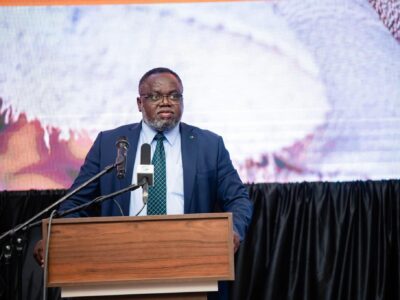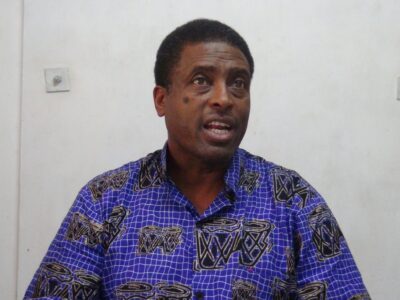The Zambia’s Energy Regulation Board (ERB) has recovered over K8.7 million worth of fuel since the introduction of the Fuel Marking Programme in 2018.
The programme in Zambia started on February 15, 2018.
This followed the promulgation of the statutory instrument number 69 of 2017 -the energy regulation (petroleum marking and monitoring) regulations.
ERB Director General, Ychane Mukabe said the programme had helped government to curb adulteration, a vice that could compromise the quality of fuel on the market and levelled the playing field for all players in the petroleum subsector.
Mukabe said the programme had also helped curb smuggling and dumping, vices that robes government of the much needed revenue from the subsector that can be channeled to various developmental activities.
He said this at a fuel marking petroleum industry meeting in Lusaka on Tuesday in a speech read for him by Director Technical Services, Allen Polito.
Read more: Zambia’s energy regulator approves upward adjustment of electricity connection fees
“Through the fuel Marking Programme, the ERB has provided technical support and expertise, in identifying the type and legality of the source of petroleum products seized during raids of suspected illegal fuel vending premises and location by illegal fuel vending task team.
“The task team ,which comprises several government law enforcement agencies and investigative wings has so far recovered over 310,000 liters of fuel since commencement of the fuel Marking Programme worth about K8.7 million (about US$500,000),” he said.
Mukabe said fuel marking remained the most effective technology to detect and combat the aforesaid vices because marking of fuel with a covert chemicals marker was done at molecular level and can therefore not be laundered or removed.
He said fuel marking was not unique to Zambia alone but had been used in many countries including Ghana, Uganda, Kenya, Tanzania, Philippines, United States of America, Democratic Republic of Congo, Mozambique and South Africa among others.
Mukabe also said the programme had helped increase petroleum products quality compliance on the market from about 85 percent to 98 percent and there was a reduction in the uplift of kerosene,a product that was being used to adulterate petrol and diesel.
This has enhanced petroleum product quality complaint investigations.
He said there is also notable increase in the volume of fuel marking in the country, indicating that most of the fuel consumed in the country is from legitimate sources among others.
On the meeting, Mukabe said it seeks to give stakeholders, industry players, media houses and the public on fuel marking operations in the scope of the programme in the next phase starting this year.
He cited some of the changes include as migration of the marking points from the depots location inland to port of entry namely Chirundu ,Chanida and Nakonde .
This is to respond to the changes in the supply chain where all the fuel is being imported.
Mukabe said ERB will maintain a marking point at Ndola fuel terminal to carter for fuel tankers entering the country through borders of other than the ones stated above and fuel that was in transit but has been localised for the Zambian market due to some unforeseen circumstances, with clearance from Zambia Revenue Authority.
He said the marking point at Ndola fuel terminal would also mark fuel coming in through the pipeline once the Tanzania Zambia Mafuta (TAZAMA )pipeline has been converted to convey finished products.
“In the next phase of the fuel Marking Programme, we are introducing onsite quality testing of fuel at the boarders using portable testing equipment prior to marking of fuel to ensure that only fuel that is within the prescribed quality specifications enters the country .
“Further , verification of volumes of fuel being imported by each fuel tanker shall be determined prior to marking and invoicing of Oil Marketing Companies (OMCs) for fuel marked will be done at the point of marking unlike the current practice where payments for fuel marked is based on remittance by OMCs,” Mukabe said.












Comments